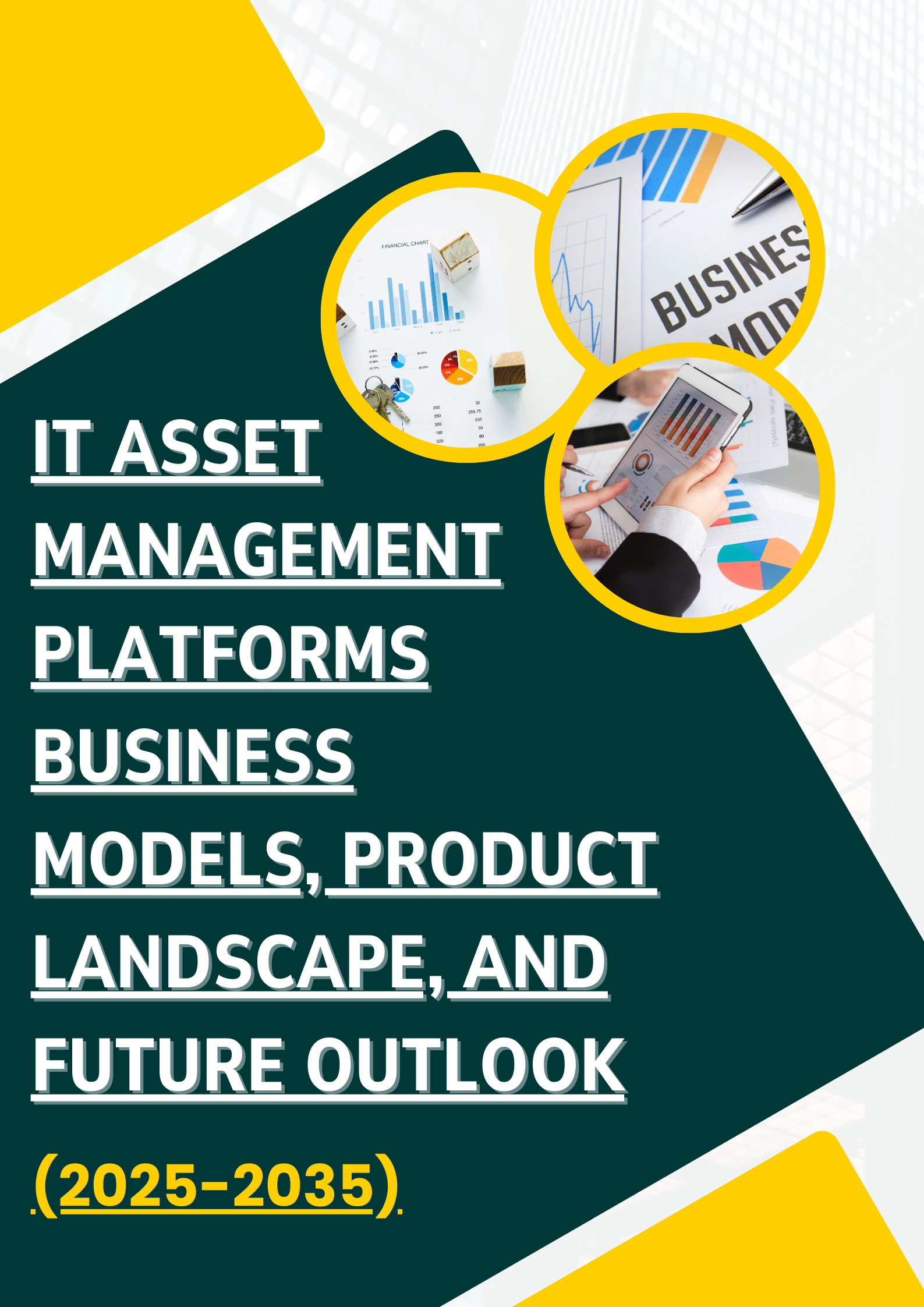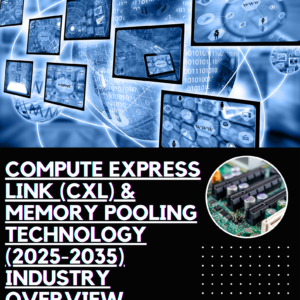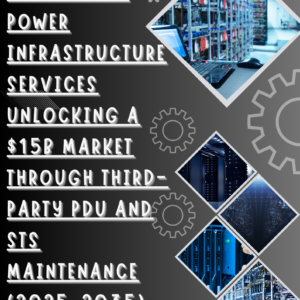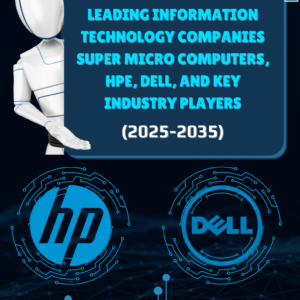1. Executive Summary
-
- Overview of IT Asset Management Platforms
- Key Findings and Strategic Insights for Stakeholders
- Future Outlook for the Industry (2025-2035)
2. Introduction to IT Asset Management Platforms
-
- Definition and Importance of IT Asset Management
- Role of IT Asset Management in Enterprise IT Operations
- Key Use Cases in IT Asset Management
3. Business Models in IT Asset Management Platforms
-
- Subscription-Based Models
- SaaS Offerings: Monthly and Annual Subscription Models
- Per Asset/Device Pricing
- Pricing Based on the Number of Assets Managed
- Tiered and Custom Pricing Models
- Enterprise vs. SMB Pricing Tiers
- Support and Add-On Service Revenue
- Professional Services, Integration, and Maintenance
- Case Studies of Successful Business Models in the Space
- Subscription-Based Models
4. Product Landscape and Key Features
-
- Ordr: Device Visibility and Security for Enterprise Networks
- Forescout: Network Access Control and Device Management
- Axonius: Asset Inventory Management and Security
- Qualys: Cloud-Based Security and Compliance Platform
- Tanium: Unified Endpoint Management and Security
- Rapid7: IT Asset Visibility and Vulnerability Management
- OneTrust: IT Asset Management with Privacy Compliance Focus
- Panaseer: Continuous Controls Monitoring for IT Assets
- Armis: IT and IoT Asset Security Platform
- ServiceNow: IT Operations Management for Asset Visibility
- Key Differentiators of Each Platform: Usability, Scalability, Integration, and Security
5. Competitive Landscape
-
- Market Leaders: ServiceNow, Tanium, Qualys
- Emerging Players: Axonius, Ordr, Panaseer
- Key Differentiators in the Competitive Landscape:
- Device Visibility and Control
- Integration with Cybersecurity Tools
- Cloud vs On-Premise Deployment
- AI and Automation in Asset Discovery and Management
- Geographical Segmentation: North America, Europe, APAC, and Rest of the World
6. Market Trends and Drivers
-
- Digital Transformation and the Need for IT Asset Management
- Increased Adoption of Cloud-Based Solutions
- Impact of Cybersecurity Threats on Asset Management
- Regulatory Compliance (GDPR, HIPAA) Driving IT Asset Management Demand
- Growth of IoT Devices and the Expanded Attack Surface
- AI and Automation in IT Asset Discovery, Compliance, and Monitoring
7. Key Challenges and Opportunities
-
- Challenges:
- Integration with Legacy Systems
- Managing Hybrid IT Environments (Cloud and On-Premise)
- Increasing Complexity of IT Environments
- Opportunities:
- Expansion into IoT and Industrial Asset Management
- Leveraging AI for Predictive Maintenance and Automation
- Adoption of IT Asset Management in Small and Medium-Sized Businesses
- Challenges:
8. Outlook and Predictions (2025-2035)
-
- Predicted Growth of IT Asset Management Market
- New Trends in IT Asset Management Platforms:
- Convergence with IT Security Platforms
- Use of Blockchain for Asset Tracking and Transparency
- Adoption of IT Asset Management in Key Sectors (Healthcare, Finance, Government, Retail)
- Vendor Consolidation and Acquisitions in the Space
- Future Innovations: Predictive Asset Management, AI-Driven Insights, Autonomous Management Tools
9. Conclusion and Strategic Recommendations
-
- Summary of Key Trends and Market Dynamics
- Recommendations for Stakeholders (Vendors, Investors, Enterprises)
- Future Directions for the IT Asset Management Space
10. Appendices
-
- Glossary of Terms in IT Asset Management
- Key Case Studies and Industry Reports
- Comparative Table of Leading IT Asset Management Platforms and Key Features
#ITAssetManagement #EnterpriseIT #SaaSPlatforms #AssetVisibility #DigitalTransformation #DeviceSecurity #CloudSolutions #Cybersecurity #AssetDiscovery #ITOperations #IoTAssetManagement #AIinIT #PredictiveMaintenance #ComplianceManagement







